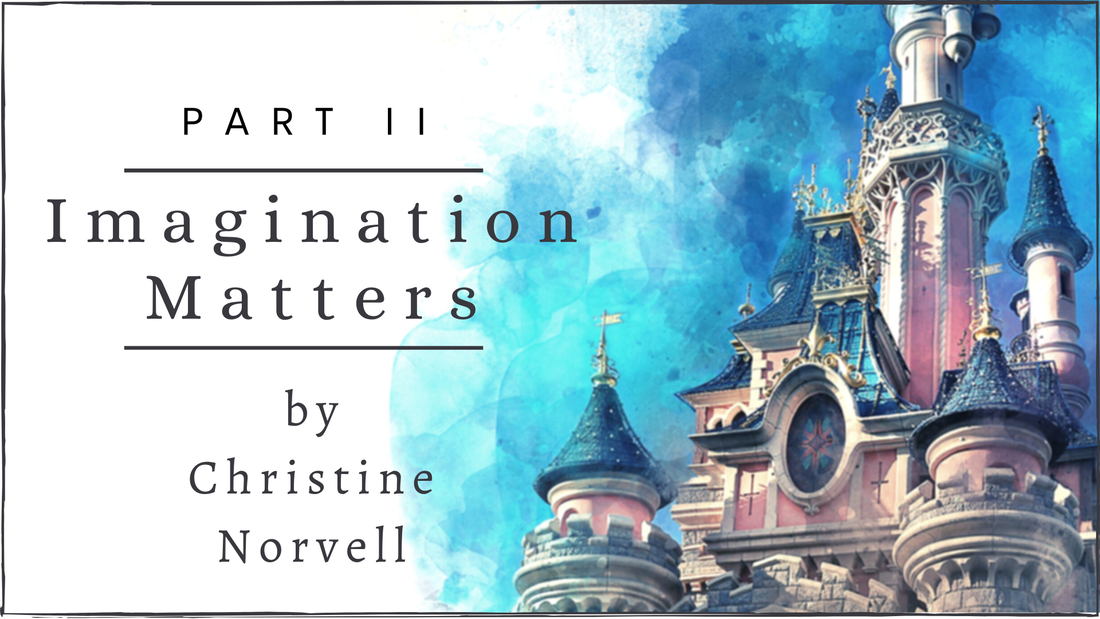|
War, or perceived war, affects our imagination. More than one reader shared a war account with me and wondered the same thing I did. During the pandemic, many hospitals and entire cities have been described as battlegrounds in a war against a virus. The word trauma appears regularly. Another reader responded that her foster children experienced the same lack C.S. Lewis observed in his London evacuees. Their imaginations had simply stopped. Her family continues to love and nurture and create opportunities for these children, for their imaginations to work. Play is crucial, she wrote. After a year, they are seeing creativity return. Lewis’s theory about limited imagination in wartime proves true. The imagination can shut down to protect itself from grief, from imagining too vividly what happened. It will try to prevent itself from reliving trauma. The mind and spirit protect themselves. I read parts of Dr. Bessel Van der Kolk’s book, The Body Keeps the Score: Brain, Mind, and Body in the Healing of Trauma, to understand a psychiatrist’s perspective. Whether through trauma, abuse, or neglect, traumatized people anticipate rejection and deprivation and are certain new options will lead to failure. When they are compulsively and constantly being pulled into the past, they cannot envision a different future. Dr. Karyn Purvis agrees and advocates for trauma-informed care for children who come from hard places. Severe trauma physically affects brain growth on a physical level. Cognitive processing and emotional regulation slow. Higher level brain growth is stunted. Purvis says that brain behavior must return to the place before trauma happened. We help trauma victims by rewriting their brains with new safe experiences. Some psychologists call this imprinting. Some call it bonding. But all of it relates to resurrecting this thing called imagination. In my reading this week, I’ve realized the deprivations of the pandemic have affected me more deeply than I had guessed. Is that too simple? I’m pretty sure I’ve ignored it. For me, it’s a first step—acknowledging that it’s there. Many of you have been shaped by layers of loss that go deeper. Maybe you've thought the word trauma is too strong. Your body, mind, and imagination have all been affected. I can’t offer a plan of action or the care of a therapist, but I can offer encouragement as we seek together to understand this thing called the imagination. Imagination is integral to the quality of our lives. It fires our creativity, relieves our boredom, alleviates our pain, enhances our pleasure, and enriches our most intimate relationships. Without it, hope fades. We are designed this way. In the words of George MacDonald, The imagination of man is made in the image of the imagination of God. Everything of man must have been of God first; and it will help much towards our understanding of the imagination and its functions in man if we first succeed in regarding aright the imagination of God, in which the imagination of man lives and moves and has its being." Please share any resources and thoughts below.
0 Comments
Your comment will be posted after it is approved.
Leave a Reply. |


 RSS Feed
RSS Feed